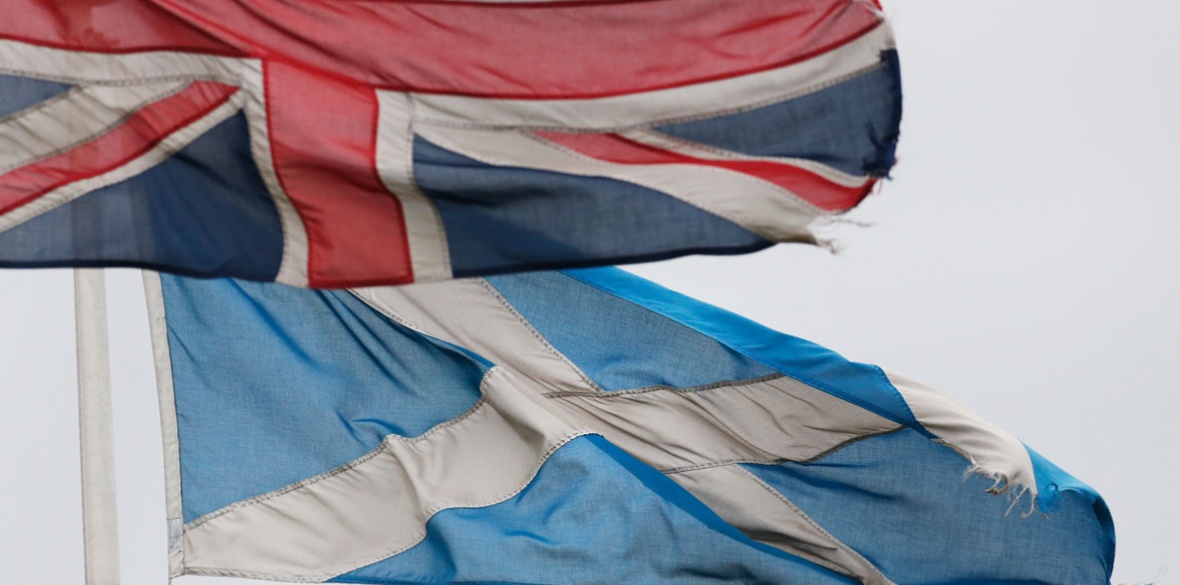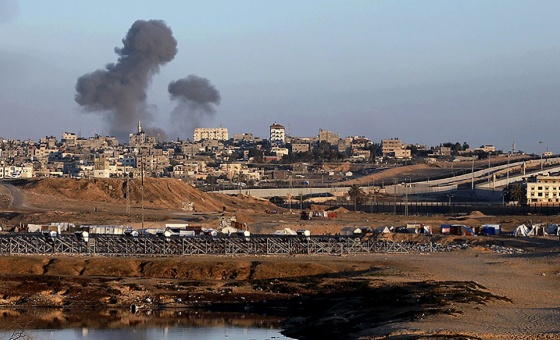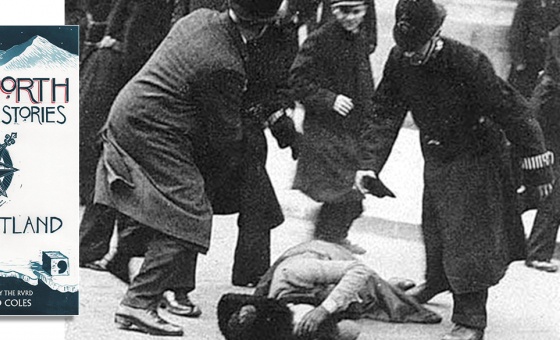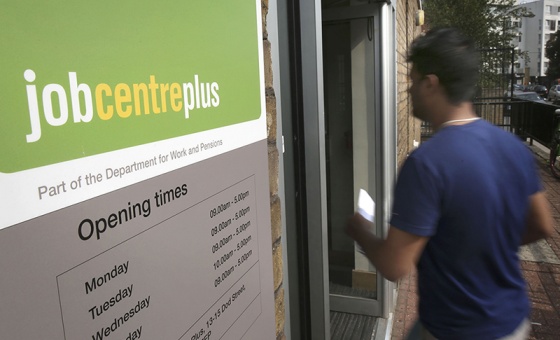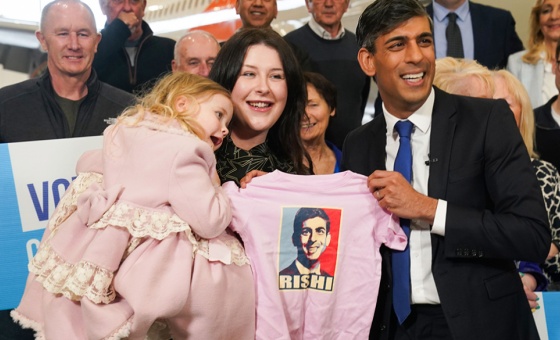Last week’s report on the north-south divide in Britain highlighted the massive scale of regional inequality. The gulf in economic productivity between towns and cities in the north and south has virtually no parallel anywhere in the developed world.
The same goes for regional differences in poverty, disposable income and health. People in Glasgow die ten years younger than those in the Chilterns.
Add to this Britain’s uniquely centralised taxation – with over 90 per cent going direct to central government – and you have a system crying out for change. The north, compared to the south, has missed a generation’s worth of public and private investment.
This is not to deny the scale of poverty in the south-east or the fact that much of the investment has been in exploitative and casualised services.
But the injustice remains. And if it continues it will have irreversible effects.
For Scotland two alternative solutions are presented in this general election. The SNP’s might appear the most obvious: a separate nation state with its own institutions and taxation system able to provide democratic control over Scotland’s destiny.
Yet the SNP’s version of independence has clear problems. First and foremost, the SNP links independence to membership of the EU.
Why is this such a problem? Nothing to do with people from other countries. It is about the EU’s pro-big business rules.
These rules require a “balanced budget” and a “level playing field.”
The “balanced budget” limits the deficit to 3 per cent. Scotland’s current deficit is 7 per cent. That means years of austerity – and unemployment gives big business power over labour. That’s why it likes it.
Big business also likes a level playing field. Nothing wrong with a level playing field in itself. The problem is the different sizes of the players who come on to it.
The massive German and French monopolies dominate – which explains why regional inequality in the EU has worsened since the 1990s. Democratic action to reverse it through state aid or comprehensive public ownership is banned under EU rules.
There is also another obvious problem with the SNP’s proposals. Britain has a highly integrated economy and the wealth is concentrated in the south-east. It needs redistribution. A boundary north of Carlisle would prevent it.
So what about Labour’s proposals? They do demand a redistribution of both power and wealth.
Constitutionally a Senate would replace the House of Lords and represent nations and regions.
No less important, Labour would empower those who create the wealth – but currently do not control it. Mandatory sectoral collective bargaining would give working people new collective rights – as would trade unionists on company boards. Closures like the Calley works in Springburn would become far more difficult.
Parallel with this, Labour proposes comprehensive public ownership of rail, energy, posts and broadband communication as well as the use of public procurement to steer investment and demand for manufacturing into de-industrialised regions.
This would be combined with investment from British and national level state banks. The Scottish Parliament would be able to exercise these powers – democratically asserting the rights of the many against those of the few.
It is also why Jeremy Corbyn is correct to say he will seek to renegotiate Johnson’s EU deal. As it stands, it incorporates all the EU’s pro-big business competition rules.
Johnson just last week conceded that state aid rules need changing. But will he do it? Corbyn is the one who is committed to establishing democratic power over our economy.
Over the past 40 years, precisely the period Britain has been in the EU, our regions and nations have been de-industrialised and impoverished. We now have a chance to change this. Let’s use it.

